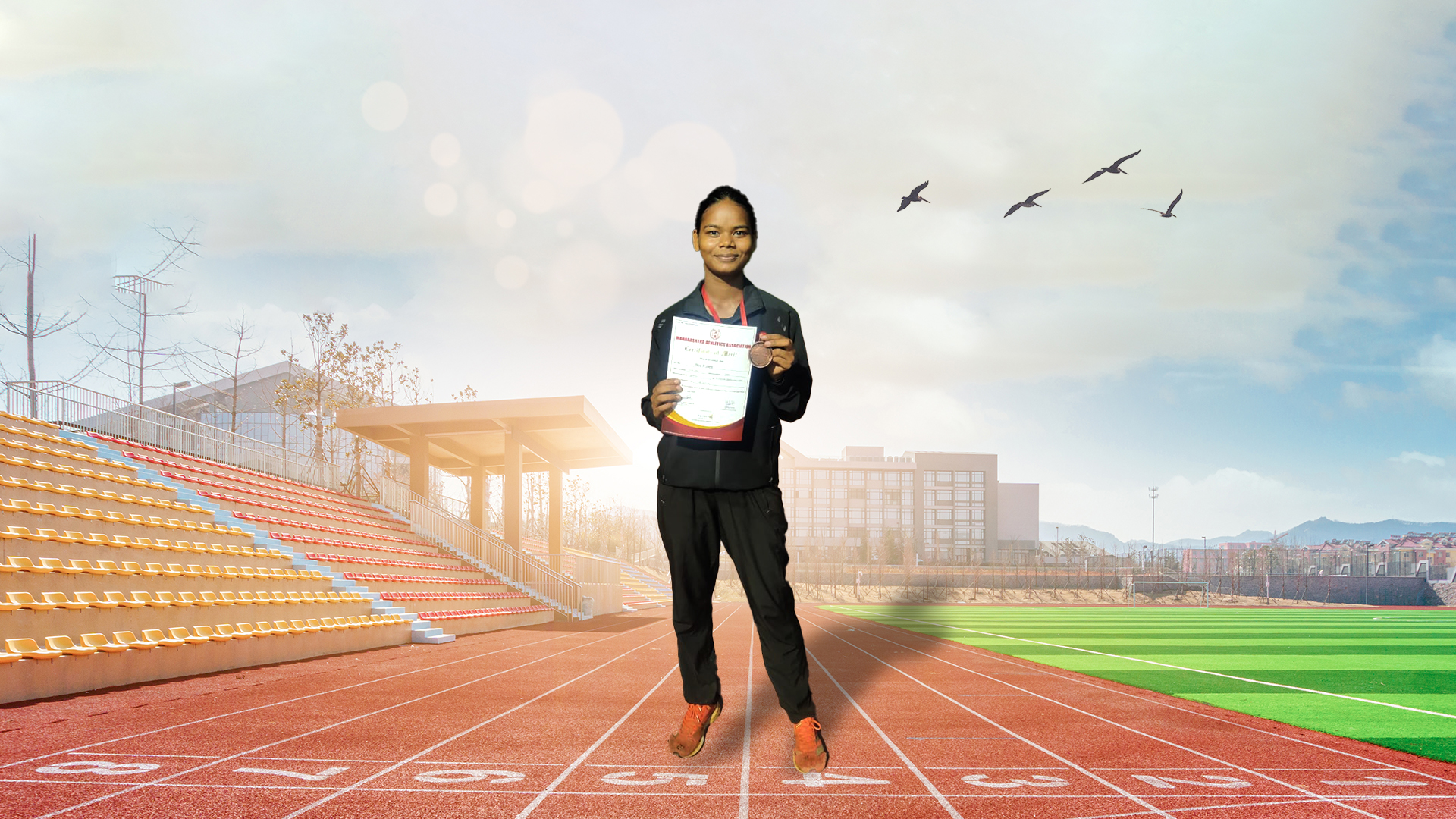Subscribe our Weekly Newsletter
RFP - Conduct Baseline Assessment for EMBED – Urban dengue project in Madhya Pradesh & Uttar Pradesh

Organization: Family Health India
Apply By: 10 Oct 2020
RFP - Conduct Baseline Assessment for EMBED – Urban dengue project in Madhya Pradesh and Uttar Pradesh
About the Organization:
Family Health India is a Section 8 not-for-profit company registered under companies Act. The vision of FH India is to improve the quality of life of people including the most marginalized through evidence-based programming with engagement and collaboration with the community and government.
Background:
Family Health India (FH India) has been implementing the Elimination of Vector Borne Diseases (EMBED) project in Madhya Pradesh since December 2015; and in Uttar Pradesh and Chhattisgarh states since 2018. The project teams have worked collaboratively with the state vector borne disease control program to achieve the malaria elimination goal by 2030.
Scope of Work Of Agency
The EMBED Urban Dengue project Monitoring and Evaluation framework will have two components to monitor progress and measure change over the project duration. This includes the routine monitoring and dipstick study on an annual basis. While the routine monitoring will focus on quality and timeliness in implementation of project activities and outputs, the dipstick study will help in measuring realization of intermediate results and provide feedback to the project implementation team on mid-course corrections.
The theory of change for EMBED Urban Dengue project has the following monitoring and evaluation activities logically linked from the processes initiated to the envisaged impact.
- Processes: Quality of engagement of various stakeholders in community mobilization and BCC activities;
- Outputs: Participation of adult caregivers in IPC and community level awareness activities and exposure to key messages through mid-media;
- Intermediate Results: Change in knowledge and behaviors and practices with respect to prevention, diagnosis and treatment of dengue; and capacity building of public and private health care providers to enable access to dengue services
- Outcomes: Sustainable behaviour change and continued access to services for prevention, diagnosis and management and care of dengue.
- Impact: Reduction in number of dengue cases across intervention cities thereby contributing to reduction of disease burden at state and country level.
Baseline
FH India wishes to partner with a research agency to conduct a baseline in all four intervention cities with an aim to get data on various indicators for project monitoring. The objectives of baseline assessment are to provide current status of the below:
- To assess the current knowledge, attitude and practices with regards to prevention, control and management of dengue at the individual / household level.
- To assess the current knowledge on diagnosis, referral, management and care of dengue among public and private health care providers.
Task 1: Sampling methodology and sample size determination
a) Sampling methodology: The sampling of households and caregivers will be done using a stratified random sampling methodology. Slums/ poverty pockets will be selected based on following strata – population of the slum/ poverty pocket, presence of various community groups, distance to health facilities, etc. The number of sample slums/ poverty pockets will be defined based on the above strata and will be done in consultation with project team. Households and caregivers in the slum/ poverty pocket will be selected randomly with the size of slum/ poverty pocket population.
b) Sample Size: The sample size for quantitative data will be 1,900 households (1,200 from sampled intervention slums/ poverty pockets and 400 from the control group and 180 Health Care Providers (100 Urban ASHA, 40 health care providers from public health system and 40 health care providers private sector). The sample size for the project group has been calculated based on the universe of 60,000 households and to give a confidence level of 95%, confidence interval of 5, and response of 50%.
Key Deliverables (payment linked)
- Tools / questionnaires for data collection (before and after pre-test) – in English and Hindi
- Baseline findings – power point
- Baseline assessment report (including desk review findings and primary data)
Period of performance: 01-November- 2020 to 31 December 2020
Budget cap available for the above scope: INR5,00,000.00 (Five Lakhs Only) inclusive all taxes.
For more information please check the Link
Latest Online Store
Latest Grants
© Renalysis Consultants Pvt Ltd
























